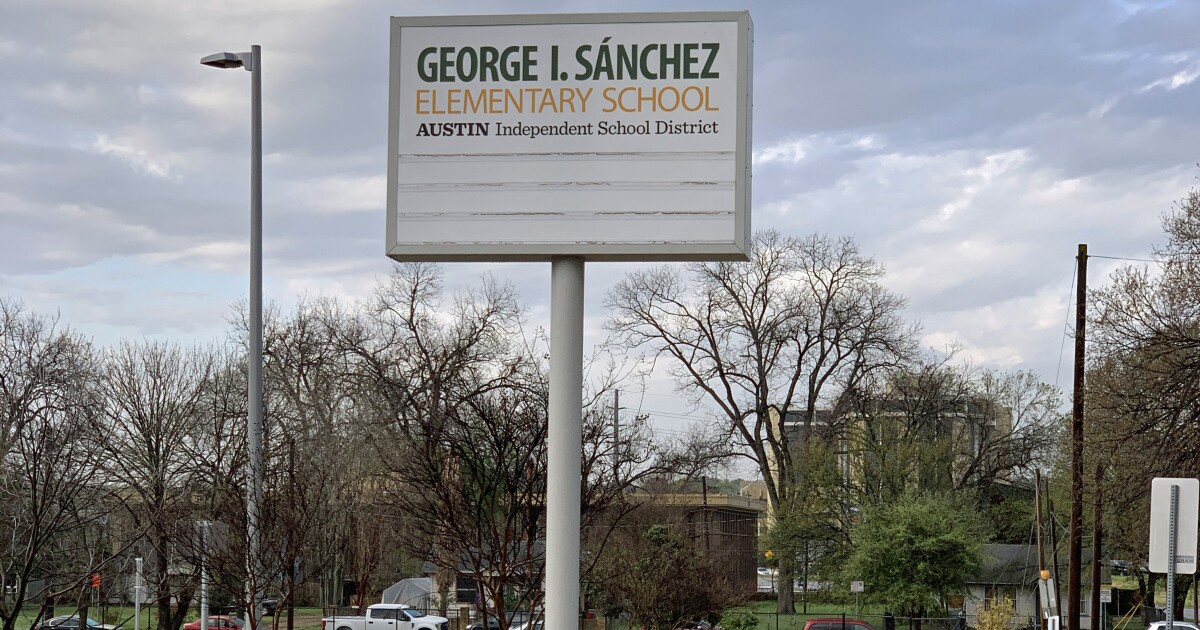Texas leads Southwest states in bonds on November ballots
5 min read
Texas ballots are bursting with bonds in the Nov. 8 general election, while tax and spending measures will be decided in other states.
The Lone Star state has the biggest amount of debt proposed in the Southwest region, with its school districts, cities, counties, and others seeking $21 billion of bonds in 167 issues, according to Texas Bond Review Board data. School bonds account for $15 billion of the total.
Continued population growth in Texas is fueling the proposals, particularly for schools needing to build new facilities to accommodate increases in student enrollment, according to Ajay Thomas, national head of public finance at FHN Financial Capital Markets in Austin.
“This is coupled with rehabilitation of existing facilities for ongoing maintenance, updates, and expansion,” he said. “Finally, the costs of construction have risen considerably, so issuers are required to spend more for a reduced number of projects and seek new authorization to keep up with the ongoing and projected needs.”
The U.S. Census Bureau reported in December that Texas, with an estimated population of 29.5 million in July 2021, ranked second among states for the largest net domestic migration gains.
The Austin Independent School District has a three-part bond package totaling $2.44 billion, marking the biggest-ever bond election for the state’s fifth-largest district. Proposition A asks for $2.3 billion of bonds to construct, rehab, expand, and equip school buildings, while the other two would fund technology systems and stadium facilities.
If all three propositions are approved by voters, the debt service portion of the school system’s tax rate is expected to increase by one cent per $100 in taxable value, while rising property values are expected to reduce the school operating part of the tax rate over two years, according to the district.
Several school districts, including Austin’s, included funding for security projects in their bond proposals.
The May 24 killing of 19 elementary students and two teachers in Uvalde, Texas, put a focus on door security, inadequate fencing, as well as emergency response communications.
Plano Independent School District north of Dallas is allocating $40 million for safety and security projects, including additional access controls, cameras, and shatter-resistant window film, in the nearly $1.5 billion of bonds it is seeking in four proposals.
Projected growth in students spurred Lamar Consolidated Independent School District in the Houston area to put a $1.72 billion, five-part proposal on the ballot.
Enrollment, currently at 42,246 students, is projected to climb to 72,662 in 2031. Proceeds would build additional schools, a stadium, and a career and technology center, as well as fund improvements at an existing stadium and purchase classroom and district equipment.
Bond elections in Texas are limited to two dates per year, in May and November. This year’s May 14 election had a record $18.5 billion of bonds on ballots, mostly for schools, with several large issues finding favor with voters.
Thomas said school bond measures could top $25 billion in May 2023 after some issuers avoided the crowded November general election ballot.
The surge of school bond requests comes as a Texas program that guarantees public school debt is close to capacity.
The Texas Permanent School Fund program, which is capped at $117.32 billion under federal law and which bestows triple-A ratings on school bonds, lowering their interest costs, had a projected available capacity of $3.97 billion as of the end of August.
In September, U.S. Representatives Lloyd Doggett, D-Texas and Jodey Arrington, R-Texas, introduced legislation to permanently remove the Internal Revenue Service limit on the PSF.
In addition to schools, triple-A-rated Harris County has a three-part, $1.2 billion bond package on the ballot with $900 million earmarked for transportation projects, $200 million for parks and trails, and $100 million for public safety facilities.
In Colorado, a tax cut is on the statewide ballot that would reduce the flat state income tax rate for individuals and corporations to 4.4% from the current 4.55%. The income tax generated $10.7 billion or 68.4% of the state’s general fund revenue in fiscal 2021, according to a legislative report, which said the lower rate is expected to reduce income tax collections by $412.6 million in fiscal 2024.
If passed, the measure’s long-term impact on state spending would depend on whether revenue is above or below a constitutional limit.
“During years when the state collects money over the TABOR (Taxpayer Bill of Rights) limit, Proposition 121 will reduce the amount of money returned to taxpayers and will not change the amount of money available to pay for state operations,” the report said. “During years when the state collects less than the limit, Proposition 121 will reduce the amount of money available for state government operations.”
Arizona voters will decide on a constitutional amendment requiring 60% voter approval for ballot measures seeking to enact a tax.
The sale of recreational marijuana is on the ballot in Arkansas, which reportedly could collect more than $460 million in tax revenue over five years.
Utah voters will consider a constitutional amendment increasing the amount of additional money the legislature can appropriate during a special session convened by the Senate President and House Speaker to 5% of the total amount appropriated during the previous fiscal year from the current 1%.
Federal dollars sent to the state to address a crisis would be excluded from the 5% limit.
Also in Utah, Alpine, the state’s largest school district, is seeking a record $595 million of bonds at the same time voters in the city of Orem will be voting on leaving the district and creating their own school system.
If both measures pass, “corresponding projects within the new district and the dollar amount of those projects will be pulled out of the $595 million total and be voted on and implemented by the new governing body,” according to The Utah Taxpayers Association, which has a neutral position on the bonds and supports the Orem measure.
New Mexico voters will decide three statewide bond issues: nearly $216 million for higher education, special public school, and tribal school capital improvements, $24.74 million for senior citizen facility improvements, and $19.7 million for public libraries.
Oklahoma City’s public school system has two measures on the ballot totaling $955 million with $936 million earmarked for school buildings. On its website, the district said the average age of its schools is 72 years with nine over 100 years.
“The bond will allow OKCPS to replace extremely outdated facilities and upgrade others to provide our learners with world class, 21st century learning spaces,” it said.







